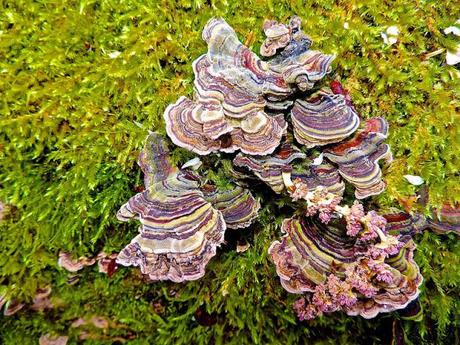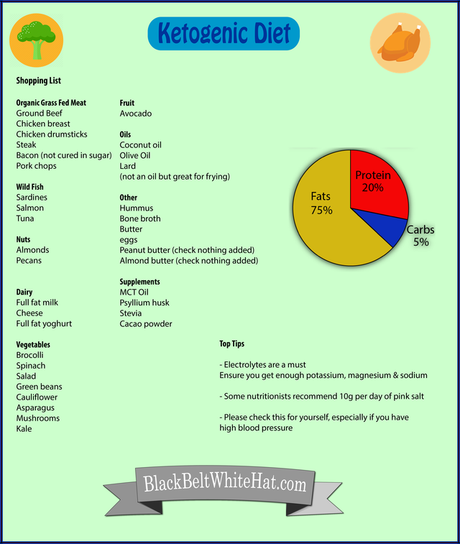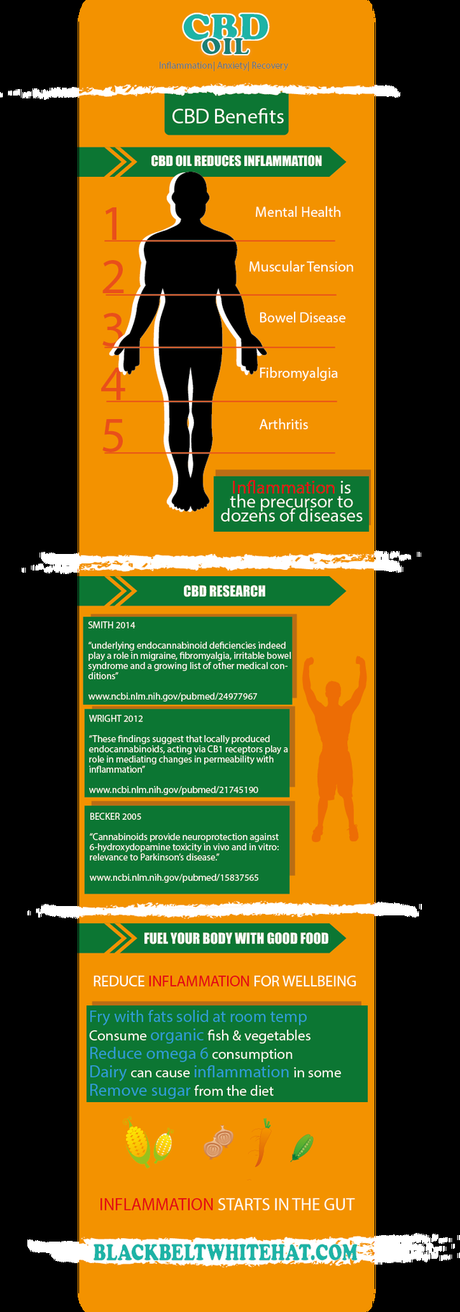Most doctors, government recommendations and mainstream-media publications tend to be a decade behind the actual research…bit of a sweeping statement but in my experience it’s true. It’s the same with cancer treatment, unfortunately. Here are some treatments backed by science – please note that most work in conjunction with treatments such as chemotherapy, according to the current research.
Disclaimer – I’m not a doctor, but I do know a 1 person who was told his brain tumour was terminal but has now been given the all clear after using cannabis oil, starting a plant-based diet, using coffee enemas, saunas and drinking lots of raw juice.
Having said that, please interpret this information yourselves, most foods, herbs etc work alongside conventional treatments such as chemotherapy…it’s your decision to choose a treatment, not mine…
Turkey Tail Mushrooms

There is some evidence that turkey tail mushrooms, when taken during conventional cancer-treatment, can aid recovery and improve the effectiveness of the treatment.
Study Link –
https://www.ncbi.nlm.nih.gov/pmc/articles/PMC3369477/
Study Extract –
Orally administered preparations from the Trametes versicolor (Tv) mushroom have been hypothesized to improve immune response in women with breast cancer after standard chemotherapy and radiotherapy…
Eleven participants were recruited and nine women completed the study. Each cohort was comprised of three participants given one of three doses of Tv (3, 6, or 9 grams). Immune data was collected pre- and postradiation, at 3 on-treatment time points and after a 3-week washout.
Results. Nine adverse events were reported (7 mild, 1 moderate, and 1 severe), suggesting that Tv was well tolerated. Immunological results indicated trends in (1) increased lymphocyte counts at 6 and 9 grams/day; (2) increased natural killer cell functional activity at 6 grams/day; (3) dose-related increases in CD8+ T cells and CD19+ B cells , but not CD4+ T cells or CD16+56+ NK cells.
Conclusion. These findings show that up to 9 grams/day of a Tv preparation is safe and tolerable in women with breast cancer in the postprimary treatment setting. This Tv preparation may improve immune status in immunocompromised breast cancer patients following standard primary oncologic treatment.
Turkey Tail mushrooms Available here
There is also some research to suggest that reishi mushrooms may increase the effectiveness of chemotherapy. Learn more here.
The Ketogenic Diet & Supplemental Ketones
There are a few studies suggesting that it can help make conventional treatment more effective. Apparently, cancer requires glucose to grow, with no carbohydrate in the diet, you effectively starve the cancer.
I think this ‘starving cancer’ mechanism is also why some say that fasting works too. Consuming ‘exogenous ketones’ may also help…
Study Link –
http://journals.plos.org/plosone/article?id=10.1371/journal.pone.0036197
Study Summary –
KC (a ketone supplement) significantly enhances the anti-tumor effect of radiation. This suggests that cellular metabolic alterations induced through KC may be useful as an adjuvant to the current standard of care for the treatment of human malignant gliomas.
Study 2 Link –
https://www.ncbi.nlm.nih.gov/pmc/articles/PMC4215472/
Study 2 Summary –
Despite recent advances in chemo-radiation, the prognosis for many cancer patients remains poor, and most current treatments are limited by severe adverse events. Therefore, there is a great need for complimentary approaches that have limited patient toxicity while selectively enhancing therapy responses in cancer versus normal tissues. Ketogenic diets could represent a potential dietary manipulation that could be rapidly implemented for the purpose of exploiting inherent oxidative metabolic differences between cancer cells and normal cells to improve standard therapeutic outcomes by selectively enhancing metabolic oxidative stress in cancer cells.
Although the mechanism by which ketogenic diets demonstrate anticancer effects when combined with standard radio-chemo-therapies has not been fully elucidated, preclinical results have demonstrated the safety and potential efficacy of using ketogenic diets in combination with radio-chemo-therapy to improve responses in murine cancer models. These preclinical studies have provided the impetus for extending the use of ketogenic diets into phase I clinical trials that are currently ongoing.
There’s another study here

Fasting may work in a similar way to the ketogenic diet, by lowering blood glucose levels and also by stimulating the immune system – to put it in a very pseudo-science way!
For more information please see this article:
Article Link –
https://news.usc.edu/103972/fasting-like-diet-turns-the-immune-system-against-cancer/
Article Summary –
The two studies’ findings build upon prior research that showed a short-term fast starves cancer cells and facilitates the chemo drug therapies to better target the cancer. Another more recent study showed that a low-calorie, fasting-mimicking diet can slow multiple sclerosis by killing off bad cells and generating new healthy ones.
The results of this latest mouse study are striking since chemotherapy’s side effects include immunosuppression. The researchers found that the fasting-mimicking diet, when used with chemotherapy drugs, raises the levels of bone marrow cells that generate immune system cells, such as T cells, B cells and “natural killer” cells that infiltrate tumors.
Cannabis Oil & Cancer
Loads of studies on cannabis oil’s use for treating cancer. If nothing else it is very effective at reducing nausea and improving appetite during chemotherapy. Here’s a summary of one study:
Study Link –
https://www.ncbi.nlm.nih.gov/pmc/articles/PMC4791148/
Study Summary –
Aside from symptom management, an increasing body of in vitro and animal-model studies supports a possible direct anticancer effect of cannabinoids by way of a number of different mechanisms involving apoptosis, angiogenesis, and inhibition of metastasis. Despite an absence of clinical trials, abundant anecdotal reports that describe patients having remarkable responses to cannabis as an anticancer agent, especially when taken as a high-potency orally ingested concentrate, are circulating. Human studies should be conducted to address critical questions related to the foregoing effects.
Cannabis oil has many uses; it’s great for anxiety and depression as well as auto-immune diseases:

CBD oil is available here
Spirulina – Cancer Fighting Alga
It tastes pretty terrible but spirulina is a true superfood. It’s used to treat everything from allergies to arsenic poisoning.
Study Link –
https://www.ncbi.nlm.nih.gov/pubmed/24552870
Study Summary –
These data support a chemopreventive* role of this edible alga. Furthermore, it seems that dietary supplementation with this alga might enhance systemic pool of tetrapyrroles
*Cancer chemoprevention is defined as the use of natural, synthetic, or biologic chemical agents to reverse, suppress, or prevent carcinogenic progression to invasive cancer.
Frankincense & Cancer
I use this instead of handwash – most handwashes and gels destroy the defensive microbiome on your hands and contain carcinogenic chemicals (as does fairy liquid).
Study Link –
Study Abstract–
Extracts from the resin exudates of the frankincense tree again returned into the focus of pharmacological research within the last 20 years. So far, several research groups reported on promising anti-inflammatory, anti-microbial and even anti-tumor effects (in vitro and in vivo). The Boswellic acids are regarded as one of the most potent active agents thereof. However, the resins still contain innumerable amounts of terpenoid compounds. Their interactions, when administered as an extract, are not really understood hitherto. In addition, the information given in literature as to which molecular entity refers to which species has not been clearly verified in several publications. Thus, this work reports on qualitative and quantitative analytical methods (LC, GC, TLC, MS and NMR), which enable the unequivocal identification of the common incense species Boswellia papyrifera (Eritrea, Ethiopia), Boswellia serrata (India) and Boswellia sacra (Oman, Yemen), respectively, Boswellia carterii (Somalia). Based on these results, a general, though not yet empirically verified, hypothesis on the biosynthetic routes has been postulated. Besides, a partial-synthetic method for the enrichment of one compound (Incensole acetate) was developed. In cooperation with Prof. Werz (Jena) a few of the isolated compounds were tested to evaluate their pharmacological potential. The results delivered evidence on possible synergistic effects which were partly based on decompositions of single molecules.
Alternative Cancer Therapies
You may also be interested in this post by Dr Axe in regards to alternative treatments.
And I’ve just discovered this article on baking soda with lemon juice
On a final note – whilst turkey tail, cordyceps and reishi mushrooms may help fight cancer, there’s some interesting research showing that liberty cap & golden teacher mushrooms – AKA ‘magic mushrooms’ may help deal with depression & anxiety in cancer patients.
“Set & Setting” as ever are important, the chap in the first video below says that he wouldn’t have had a valuable experience without the expert supervision:

